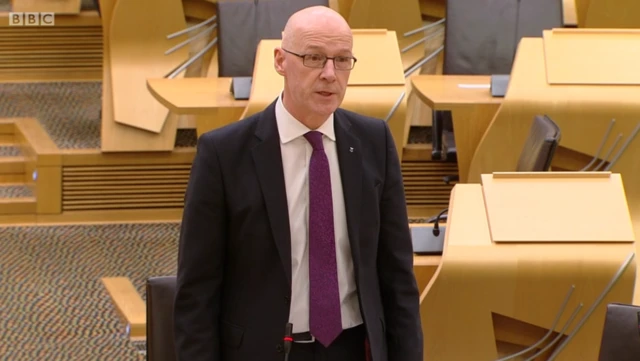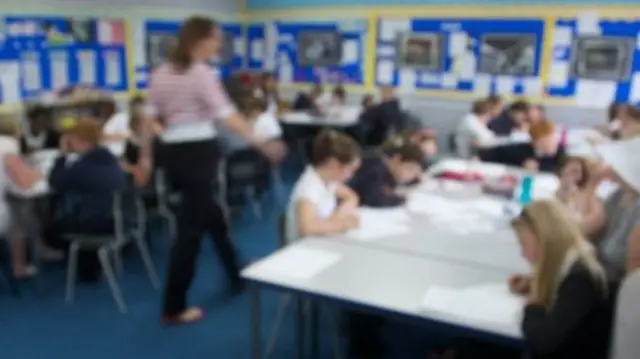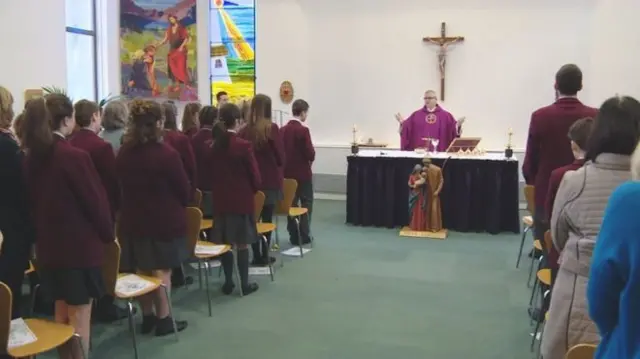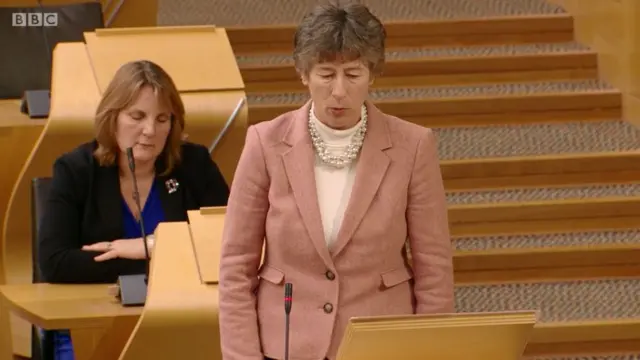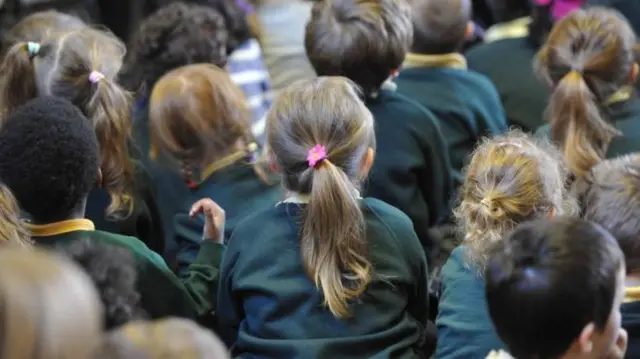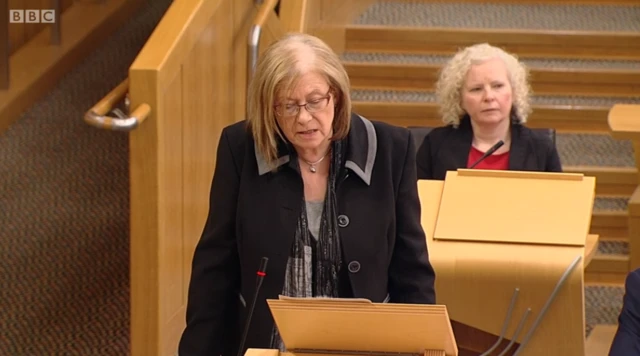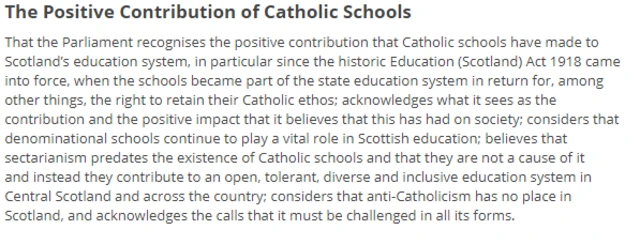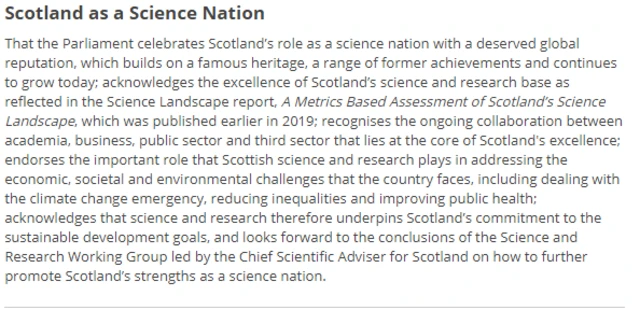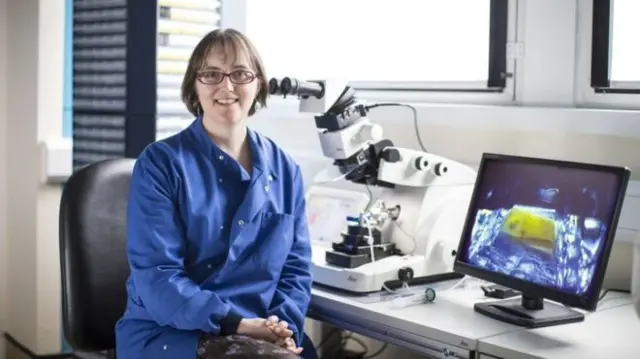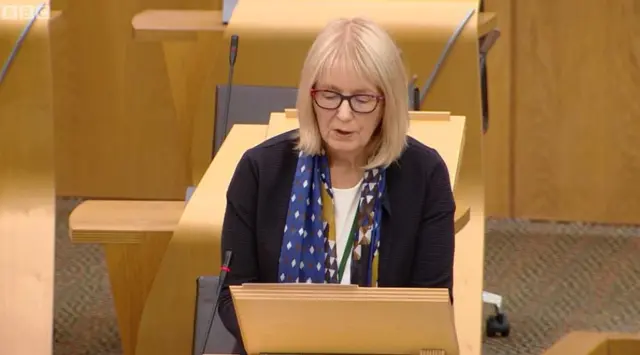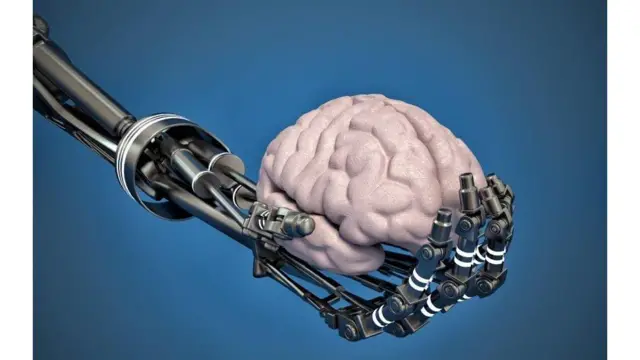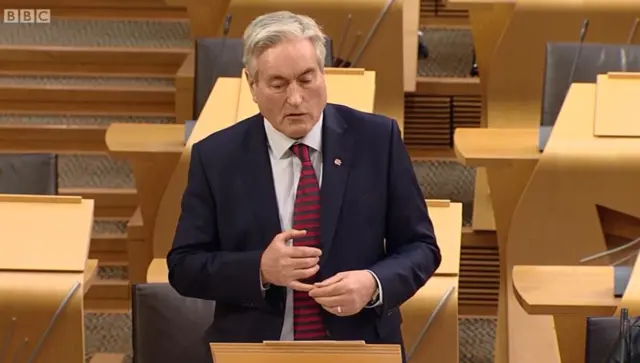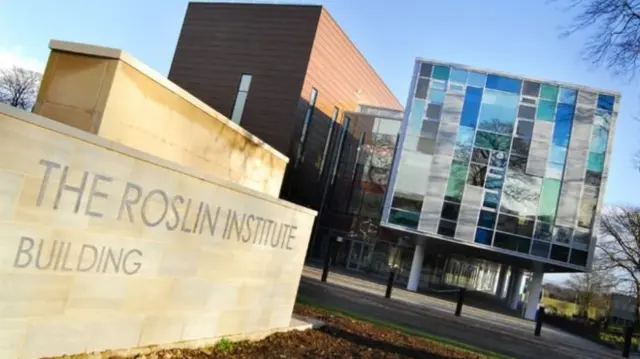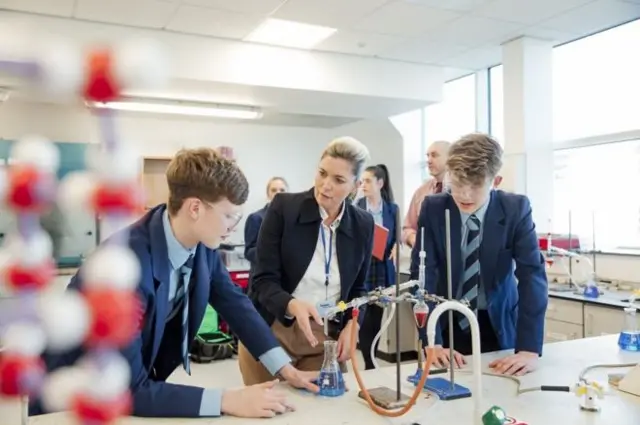That's all from BBC Holyrood Live!published at 17:14 GMT 26 November 2019
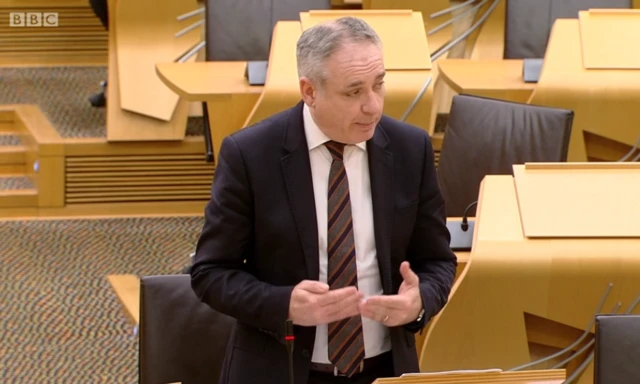
That's all from BBC Holyrood Live on Tuesday 26 November 2019.
Higher Education Minister Richard Lochhead has urged university management and unions to "make every effort to reach a settlement" on pay and pensions.
An eight-day strike affecting 12 Scottish universities began on Monday.
Mr Lochhead said the strikes were "unwelcome news" and both sides must get round the negotiating table to "settle the dispute sooner rather than later".
Members of the University and College Union (UCU) are disputing pay, working conditions and pensions.
